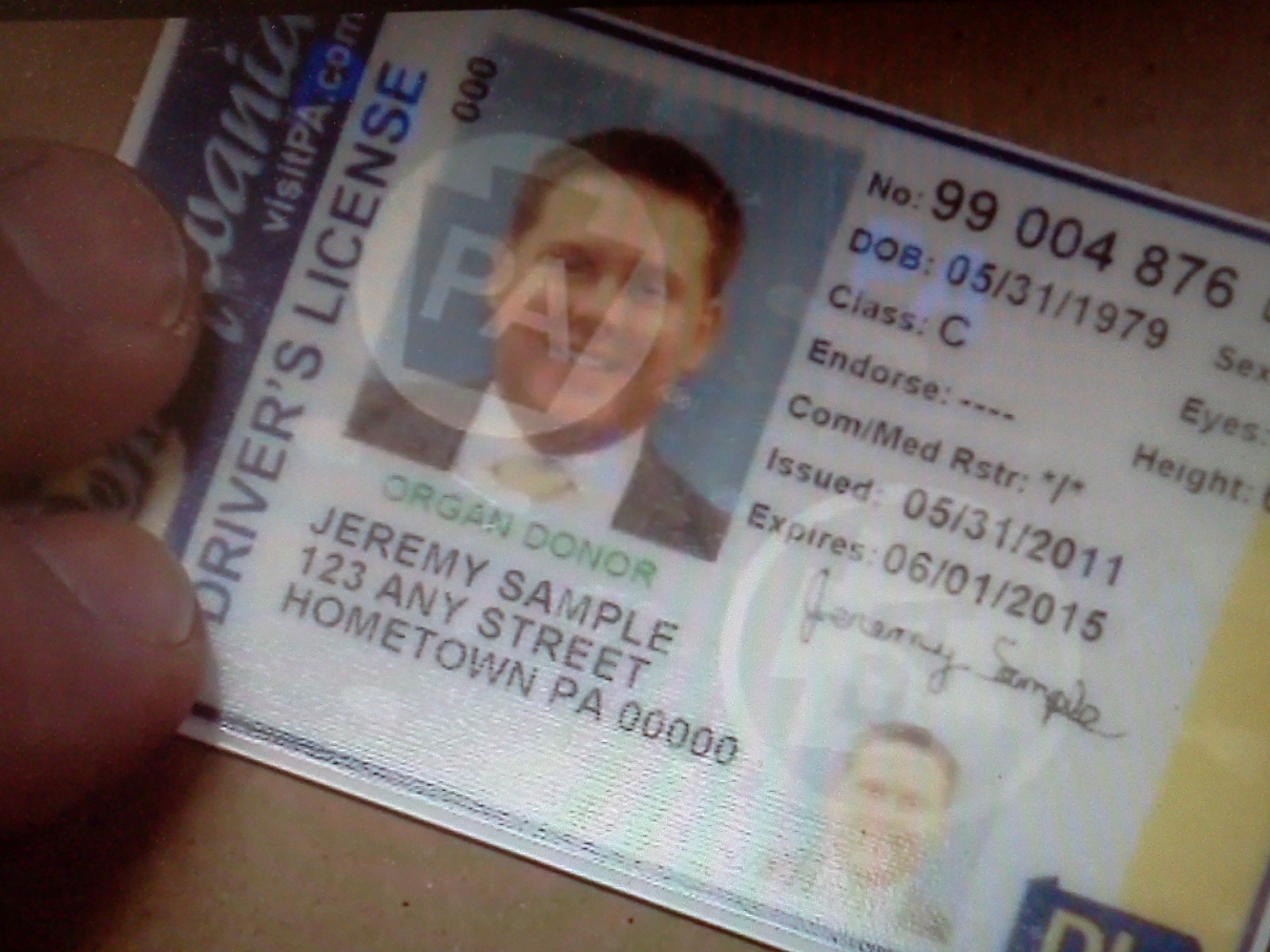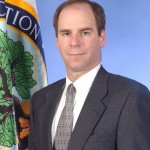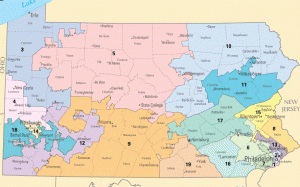PA Poised to Opt Out of REAL ID
Pennsylvania could soon become the 16th and largest state to opt out of the federal REAL ID Act. Under REAL ID, state-issued drivers’ licenses would have to meet certain federal criteria. PennDOT would also be required to store copies of its license holders’ identifying documents, and link its databases with those of DMVs across the country.
“REAL ID, with the nationwide database, would really create a gold mine for identity thieves,” says ACLU of Pennsylvania legislative director Andy Hoover. He also complains that the federal law would turn state-issued drivers’ licenses into de facto national ID cards.
Congress enacted the REAL ID Act of 2005 in response to the 9/11 Commission’s recommendations for more secure standards for identification. The report cites that, “All but one of the 9/11 hijackers acquired some form of US identification document by, some by fraud.”
The Department of Homeland Security has extended the implementation deadline to January 15th, 2013, but the ACLU of PA’s Andy Hoover says REAL ID cannot function without state participation.
REAL ID is not a new issue under the state capitol dome. The House passed a bill to block REAL ID in 2008; the Senate passed one in 2010, but time ran out in both of those legislative sessions. This year’s bill (SB 354) passed both chambers with broad, bipartisan support. Governor Tom Corbett is expected to sign it.












